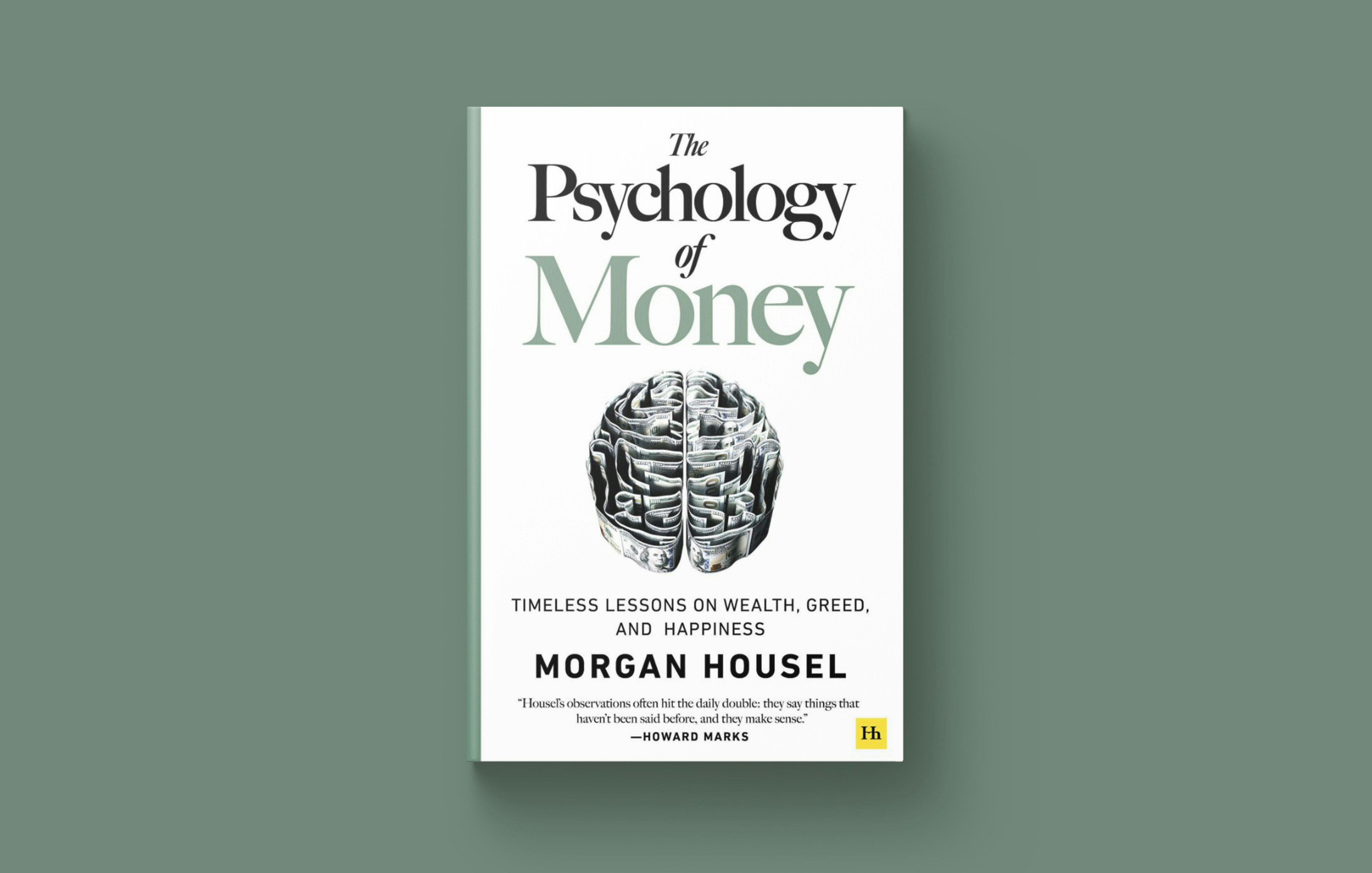Hey there! So, I recently finished reading The Psychology of Money by Morgan Housel, and let me tell you, it’s one of those books that sticks with you long after you’ve turned the last page. It’s not your typical finance book filled with jargon or step-by-step investment strategies. Instead, it dives deep into the messy, human side of money—how our behaviors, emotions, and quirks shape our financial decisions more than any spreadsheet ever could. As someone who’s always been curious about why we do what we do with money, this book felt like a conversation with a wise friend who’s seen it all. Here’s my take on what I loved, what surprised me, and how it’s shifted the way I think about wealth.
Money Is More Than Math
Right off the bat, Housel hooked me with the idea that money isn’t just about numbers—it’s about psychology. I’ve always thought of myself as pretty rational, but this book made me realize how much my financial choices are driven by emotions, biases, and even my upbringing. One of the standout points for me was when Housel talks about how no one is crazy when it comes to money; we’re just products of our unique experiences. For example, someone who grew up in a household where money was tight might hoard every penny, while someone who watched their parents invest fearlessly might take bigger risks. It’s not about who’s right or wrong—it’s about understanding why we make the choices we do.
This hit home for me because I grew up in a family that was super cautious with money. My parents were all about saving for a rainy day, and while that taught me discipline, it also made me overly conservative with investing. Reading Housel’s stories about how our personal histories shape our money mindset helped me see why I hesitate to take risks, even when the math checks out. It’s like I’ve been carrying this invisible rulebook from my childhood, and The Psychology of Money gave me permission to question it.
The Power of Staying Humble and Patient
One of my favorite chapters is where Housel digs into the idea that wealth is built not by being the smartest or the flashiest, but by being consistently humble and patient. He uses the example of Warren Buffett, pointing out that Buffett’s success isn’t just about his investment genius—it’s about compounding returns over decades. The guy started investing as a kid and just kept going, letting time do the heavy lifting. This was a lightbulb moment for me. I’ve always felt this pressure to “get rich quick” or at least make big moves to feel like I’m keeping up. But Housel’s argument is that slow, steady, boring decisions—like saving regularly and avoiding big mistakes—are what build real wealth.
This idea felt both freeing and challenging. Freeing because it takes the pressure off trying to outsmart the market or chase the next hot stock. Challenging because, let’s be real, patience is hard. I caught myself reflecting on times I’ve been impatient—like when I sold some investments too early because I got nervous about a market dip. Housel’s point about how wealth is often about surviving the dips rather than avoiding them completely made me rethink my approach. It’s not about timing the market perfectly; it’s about sticking around long enough to let time work its magic.
The Stories That Stuck With Me
Housel is a master storyteller, and the book is packed with anecdotes that make complex ideas feel relatable. One that really stuck with me was about the janitor who quietly amassed millions by saving and investing consistently over decades, compared to the high-flying executive who went bankrupt chasing status. It’s a reminder that wealth isn’t about how much you earn—it’s about what you do with it. I found myself thinking about my own spending habits, especially those little purchases that add up, like my daily coffee shop runs. Housel’s point isn’t to shame anyone for spending (he’s clear that money is meant to be enjoyed), but to be intentional about what brings real value to your life.
Another story that hit me was about the role of luck and risk. Housel argues that luck plays a massive role in financial success, but we hate admitting it because it feels unfair. I’ve always prided myself on working hard, but reading this made me reflect on the random breaks I’ve gotten—like landing a job right out of college or avoiding major financial disasters during the pandemic. It’s humbling to realize that no matter how smart or disciplined you are, luck and timing are always in the mix.
What I’m Taking Away
The Psychology of Money isn’t a book that tells you what to do with your money. There’s no “invest in this stock” or “follow this budget” advice. Instead, it’s a mirror that forces you to look at your own relationship with money. For me, the biggest takeaway is to focus on what I can control: saving more than I spend, staying patient during market swings, and being honest about my financial blind spots. I’ve started keeping a journal to track not just my spending, but why I make certain choices. It’s been eye-opening to see how often fear or FOMO creeps into my decisions.
I also loved Housel’s emphasis on defining “enough.” In a world obsessed with more—more money, more stuff, more status—it’s refreshing to hear someone say that knowing when you have enough is a superpower. I’ve been asking myself what “enough” looks like for me. Is it a certain number in my bank account? The freedom to work less? A life where I can travel and not stress about bills? It’s a question I’m still wrestling with, but it’s made me more intentional about my goals.
Who Should Read This?
If you’ve ever felt confused, stressed, or even a little guilty about your relationship with money, this book is for you. It’s not just for finance nerds or people with tons of cash to invest. Housel writes in a way that’s accessible, warm, and free of judgment, so whether you’re a broke college student or someone managing a hefty portfolio, you’ll find something to connect with. I especially recommend it if you’re curious about why you (or others) make the financial choices you do—it’s like a therapy session for your wallet.
Final Thoughts
The Psychology of Money has changed the way I see wealth, not because it gave me a magic formula, but because it made me rethink my assumptions. It’s taught me that money is less about mastering spreadsheets and more about mastering myself—my habits, my emotions, and my definition of a good life. I’m already looking forward to rereading it because I know I’ll catch new insights the second time around.





